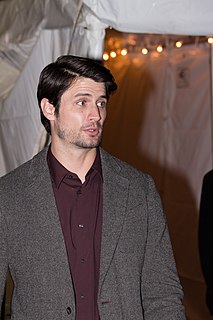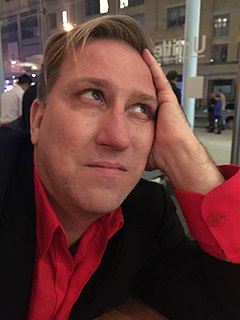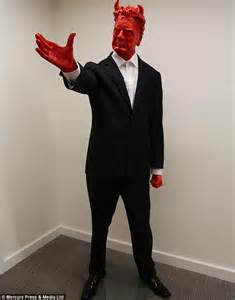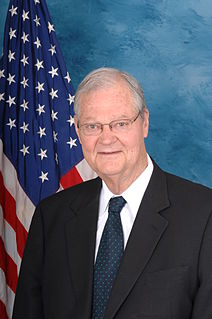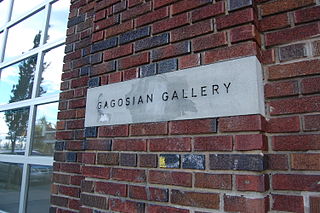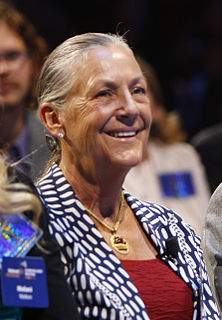A Quote by James Lafferty
It has been common knowledge to informed collectors that many times the finest and rarest art glass is found unsigned.
Related Quotes
I believe it is no wrong Observation, that Persons of Genius, and those who are most capable of Art, are always fond of Nature, as such are chiefly sensible, that all Art consists in the Imitation and Study of Nature. On the contrary, People of the common Level of Understanding are principally delighted with the Little Niceties and Fantastical Operations of Art, and constantly think that finest which is least Natural.
There is no mystery in a looking glass until someone looks into it. Then, though it remains the same glass, it presents a different face to each man who holds it in front of him. The same is true of a work of art. It has no proper existence as art until someone is reflected in it--and no two will ever be reflected in the same way. However much we all see in common in such a work, at the center we behold a fragment of our own soul, and the greater the art the greater the fragment.
I found so-called great art too pompous, too stiff. What at this time was called minor art was freer, more imaginative, more open to all kinds of unorthodox expression, all kinds of daring in the handling of materials, and I preferred to surround myself with this type of art than with the great collectors' pieces. I had always in my mind that I was collecting for learning.
Despite popular theories, I believe people fall in love based not on good looks or fate but on knowledge. Either they are amazed by something a beloved knows that they themselves do not know; or they discover a common rare knowledge; or they can supply knowledge to someone who's lacking. Hasn't everyone found a strange ignorance in someone beguiling? . . .Nowadays, trendy librarians, wanting to be important, say, Knowledge is power. I know better. Knowledge is love.
The building art is, in reality, always the spatial execution of spiritual decisions. It is bound to its times and manifests itself only in addressing vital tasks with the means of its times. A knowledge of the times, its tasks, and its means is the necessary precondition of work in the building art.
I taught myself how to draw, and I soon found out it was what I really wanted to do. I didn't think I was going to create any great masterpieces like Rembrandt or Gauguin. I thought comics was a common form of art, and strictly American in my estimation, because America was the home of the common man - and show me the common man that can't do a comic. So comics is an American form of art that anyone can do with a pencil and paper.
